Prof. Dr. István Vajda (1952-2020)
In the 68th year of his life, Prof. Dr. István Vajda, former Dean of Kandó Kálmán Faculty of Electrical Engineering, Obuda University, full professor, passed away after a long and serious illness.
Between 1976 and 2013 he worked for the Department of Electrical Power Engineering at BME (formerly the Department of Electrical Machines, then the Department of Electrical Machines and Drives), and from 2005 to 2010 he was the chair of the department. From 1995 he was the head of SuperTech Labor, in 2004 he became a full professor, then he served as the head of the department from 2005-2010.
He had been working at Obuda University since 2012, and was a full-time full professor since 2013. Between 2012 and 2017 he acted as Director of the Institute of Automation, and from 2014 to 2017 he was the Dean of Kandó Kálmán Faculty of Electrical Engineering (KVK). In 2017 he was awarded by the Obuda University Kandó Gold Ring, founded by KVK. He was the chairman of the Doctoral and Habilitation Council of OU from 2014 to 2016, and from 2016 till 2020 he was the head of the Doctoral School of Materials Science and Technology.
He was a public body member of the Hungarian Academy of Sciences since 2004, he was nominated as a corresponding member of the Hungarian Academy of Sciences several times, representing the General Assembly between 2007 and 2014. Between 1998 and 2001 he was a Széchenyi Professor Scholar. In 2014 he received the Liska Award, in 2017 the Albert Szent-Györgyi Award and the “IEEE HS Service Award” gold medal and in 2018 he received the Hungarian Electrotechnical Association Level Award.
He was a member of the Hungarian Academy of Engineering since 2006 as well as the member of the IEEE since 1995, and vice-president of the IEEE Hungary Section from 2010 to 2014. He was a member of the Hungarian Electrotechnical Association (HEA) and from 2006 to 2013 he was the chairman of the Scientific Committee.
Being a HEA member through his scientific advisory and collaborative work, he assisted, among other things the operation of the Department of Machinery, Apparatus and Equipment. One of the main focuses of its activities was to strengthen the domestic survival and development of the field of electricity transformation, to strengthen its international appreciation, to do professional updates, to strengthen the domestic and associational role of the manufacturing industry, and to educate well-qualified engineering students.
He is an outstanding representative of the few university professors who are "school creators" in his field. A significant component of this activity was the initiation and implementation of the series of the international events titled "School of Problem Solving" every year from 1996 to 2005.
He specialized in superconducting electrical applications, theory and design of electrical machines, unconventional energy converters, distributed electricity generation and storage, and theory and design of electricity converters (electrical machines), theory and applications of electricity storage, machines for electric vehicles. His main research topic was the electrical applications of superconductors.
He founded and led Obuda University’s special MSc course in Electrical Converters, Storage and Control Engineering at Kandó Kálmán Faculty of Electrical Engineering. He was the leader of several domestic and international R&D projects. He played a key role in the establishment and operation of the nationwide Electrotechnical University and Manufacturing Workshop. He made a significant contribution to the co-ordination of educational and research activities in this field.
Professor Vajda established and operated the ÓE EKIK Electricity Conversion Systems Knowledge Center, which acted as a gap filler in the country with its mission to provide a platform for cooperation and collaboration with a team of people working in the field - collectively referred to as a “workshop” - a platform for years of collaboration between students, other university units in the country as well as manufacturers. As part of this he started professional workshops on electricity converters, storage and regulation namely the Student Master Workshop, the Electrical Engineering Higher Education Workshop and the Manufacturers Workshop.
He is mourned by his friends, colleagues and students, who not only learned the profession from him, but also learned openness to the world, serenity, love of work and humanity.
Dear Professor, Dear Colleague and Friend, may you rest in peace!



